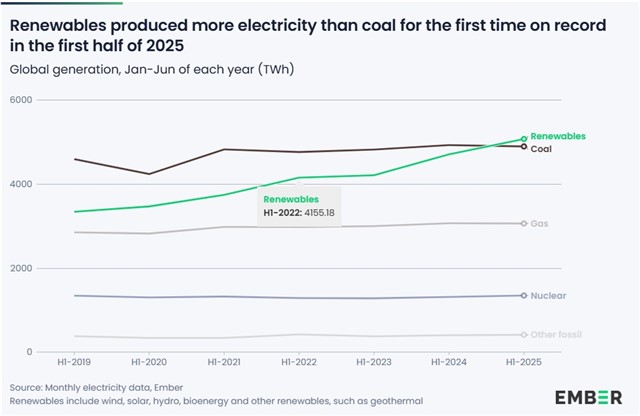Bill Gates says climate crisis won’t cause ‘humanity’s demise’ in call to shift focus to ‘improving lives’
https://www.theguardian.com/us-news/2025/oct/28/bill-gates-climate-crisis-pivot
Much as I have said all along we have a climate problem not a climate emergency. We need to reduce our consumption of our finite resources and reduce our impact on our planet.
This needs to be done on a sensible time scale and on a science and engineering basis not on emotion and dogma.
----------------------------------------------------------------------------------------------------------
The billionaire Microsoft co-founder criticized what he described as a “doomsday view of climate change” which is focusing “too much on near-term emissions goals”.
“Although climate change will have serious consequences – particularly for people in the poorest countries – it will not lead to humanity’s demise. People will be able to live and thrive in most places on Earth for the foreseeable future.”
“Although climate change will hurt poor people more than anyone else, for the vast majority of them it will not be the only or even the biggest threat to their lives and welfare,” Gates wrote.
“The biggest problems are poverty and disease, just as they always have been. Understanding this will let us focus our limited resources on interventions that will have the greatest impact for the most vulnerable people.”
He said the Cop30 climate summit, which will bring together world leaders in the Brazilian rainforest city of Belém in November, was “a chance to refocus on the metric that should count even more than emissions and temperature change: improving lives”.
-----------------------------------------------------------------------------------------------------
Maybe at last the world will see sense and stop wasting resources on wind turbines, solar panel and batteries in the somewhat mistaken belief that this will ‘Save the Planet”
